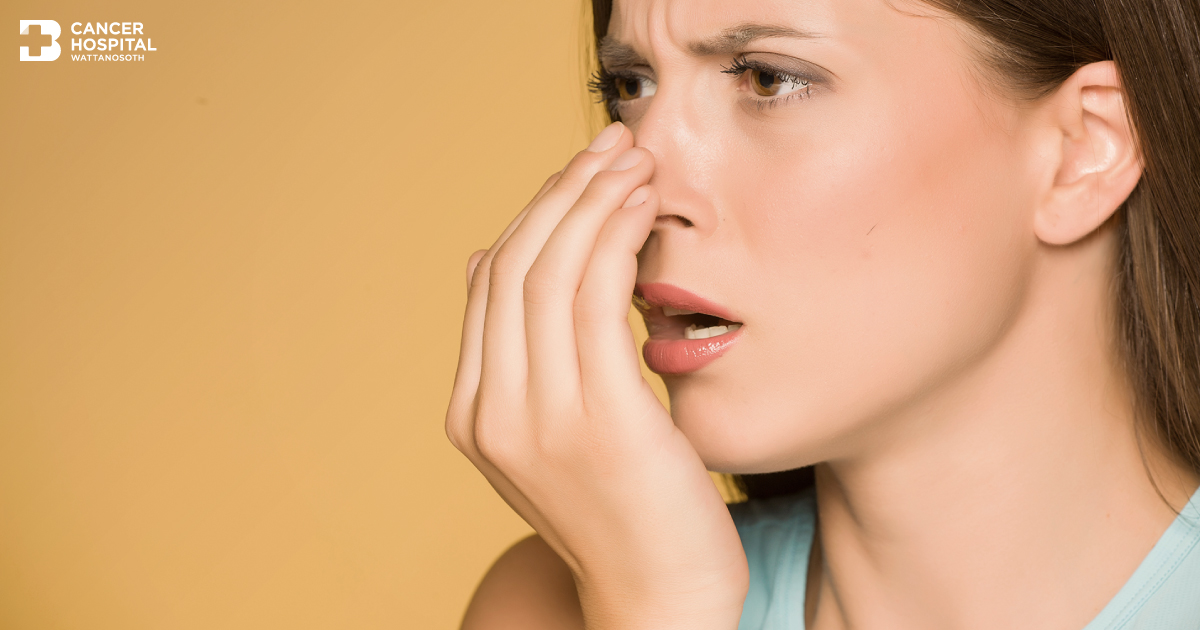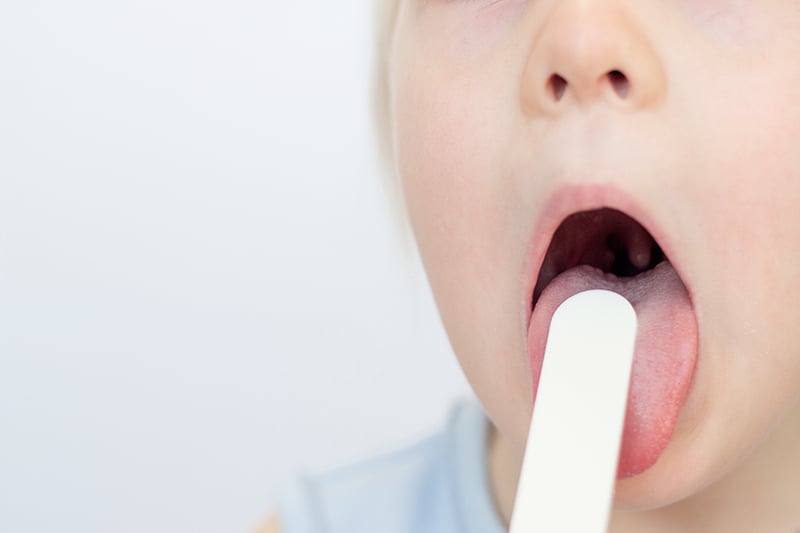
Oral Cancer…The Danger in Your Mouth
Oral cancer can be found in both men and women aged 50 and above. It can be life-threatening if not treated early as the cancer can spread to lymph nodes around the neck. Once it enters the bloodstream, it can metastasize to nearby organs. Therefore, the most important thing is to self-observe for any abnormal change and seek medical attention as soon as possible.
Understanding Oral Cancer
Oral cancer is a malignant growth in the oral cavity, including lips, tongue, gums, cheeks, and the floor of the mouth. It can be severe and dangerous if detected in advanced stages.
Risk Factors for Oral Cancer
Risk factors that increase the probability of oral cancer include:
- Cigarettes, cigars or pipes smokers are six times more likely to develop oral cancer than non-smokers.
- Regular consumption of alcoholic beverages. Particularly, those who both smoke and drink are 15 times more likely to develop oral cancer.
- Carcinogens in chewing betel nuts, betel leaf, chewing tobacco and rolling tobacco also contribute to cancer.
- Oral HPV infection. Human papilloma virus is the same virus that causes cervical cancer.
- Chronic inflammation. Tooth decay, chipped tooth or unfit dentures may cause persistent irritation and inflammation that can lead to cancer formation.
- Family history of oral cancer.
Oral Cancer Signs & Symptoms
Oral cancer can appear to be a blister, lump, or inflammation that persists more than 2-3 weeks anywhere in the mouth. There may be a trace of bleeding, numbness caused by nerve damage, or spreading to lymph nodes, which may manifest as palpable lump in the neck region.
Oral Cancer Diagnosis
Oral cancer can appear as painless white and red patches inside the mouth. Regular oral check-up will help in early detection.

Oral Cancer Treatment
Oral cancer is usually treated with surgery, radiation therapy or a combination of both. This depends on the stage, size, location, and the type of cancer as well as the age and health condition of the patient. Some may even require chemotherapy. The result of the treatment depends mainly on the stage of cancer. If treated in the early stages or when it is still a precancerous lesion, the chance of complete cure is higher and survival rate is more favorable than in the advanced stages.
Moreover, treating advanced stage oral cancer may affect the function in the mouth, such as cavity deformation, speech impairment, and the ability to swallow, leading to further corrective surgery and rehabilitation therapy.
Oral Cancer Prevention
Avoid smoking and drinking alcohol on a regular basis.
- Maintain good oral health
- Schedule routine oral check-up every 6 month
- Eat well-balanced meal rich in vegetables and fruits.